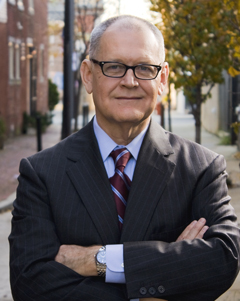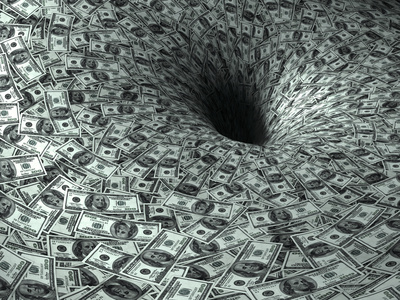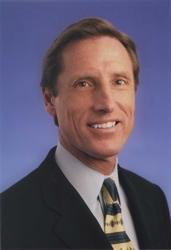 Starting September, 2012, the U.S. Food and Drug Administration (FDA) will require new, updated health warnings on cigarettes. The 25 year-old, plain-text Surgeon General warnings will be out, replaced with updated, straightforward messages like "WARNING: Tobacco smoke causes fatal lung disease in nonsmokers," "WARNING: Cigarettes are addictive" and "WARNING: Cigarettes cause fatal lung disease." The text will be much larger than the old Surgeon General's warnings, and will be accompanied by powerful pictures, like photos of corpses, diseased lungs and oral cancer. To choose the warnings, FDA reviewed relevant scientific literature, considered over 1,700 public comments and performed a survey of 18,000 citizens. The new warnings will be rotated to keep them fresh. They will cover the top 50 percent of the front and rear panels of cigarette packs, and in cigarette ads, the warnings must occupy at least 20 percent of the upper portion of each ad. The new warnings were authorized by the Family Smoking Prevention and Tobacco Control Act that President Obama signed in 2009.
Starting September, 2012, the U.S. Food and Drug Administration (FDA) will require new, updated health warnings on cigarettes. The 25 year-old, plain-text Surgeon General warnings will be out, replaced with updated, straightforward messages like "WARNING: Tobacco smoke causes fatal lung disease in nonsmokers," "WARNING: Cigarettes are addictive" and "WARNING: Cigarettes cause fatal lung disease." The text will be much larger than the old Surgeon General's warnings, and will be accompanied by powerful pictures, like photos of corpses, diseased lungs and oral cancer. To choose the warnings, FDA reviewed relevant scientific literature, considered over 1,700 public comments and performed a survey of 18,000 citizens. The new warnings will be rotated to keep them fresh. They will cover the top 50 percent of the front and rear panels of cigarette packs, and in cigarette ads, the warnings must occupy at least 20 percent of the upper portion of each ad. The new warnings were authorized by the Family Smoking Prevention and Tobacco Control Act that President Obama signed in 2009.

 More and more Americans are falling victim to one of the most insidious bait-and-switch schemes in U.S. history. As they do, health insurance executives and company shareholders are getting richer and richer. This industry-wide plot explains how health insurers have been able to reap record profits during the recent recession as the ranks of the uninsured and underinsured continue to swell.
More and more Americans are falling victim to one of the most insidious bait-and-switch schemes in U.S. history. As they do, health insurance executives and company shareholders are getting richer and richer. This industry-wide plot explains how health insurers have been able to reap record profits during the recent recession as the ranks of the uninsured and underinsured continue to swell. Starting September, 2012, the
Starting September, 2012, the  Ever wonder what happens to the premiums you pay for your health insurance?
Ever wonder what happens to the premiums you pay for your health insurance? As the head of communications for two of the country's largest health insurers for almost 20 years, I recognize an orchestrated spin campaign when I see one. And boy, oh boy, did I see an award-winning one this week in San Francisco.
As the head of communications for two of the country's largest health insurers for almost 20 years, I recognize an orchestrated spin campaign when I see one. And boy, oh boy, did I see an award-winning one this week in San Francisco.